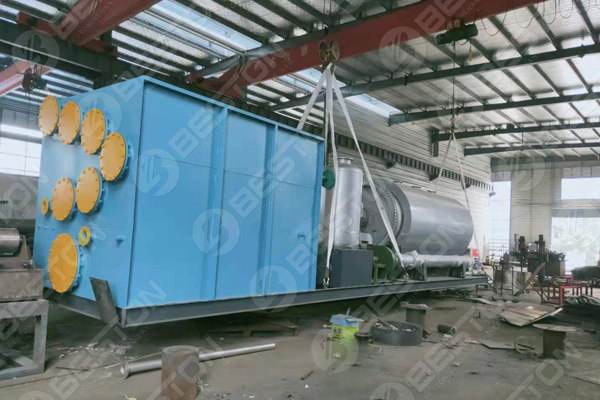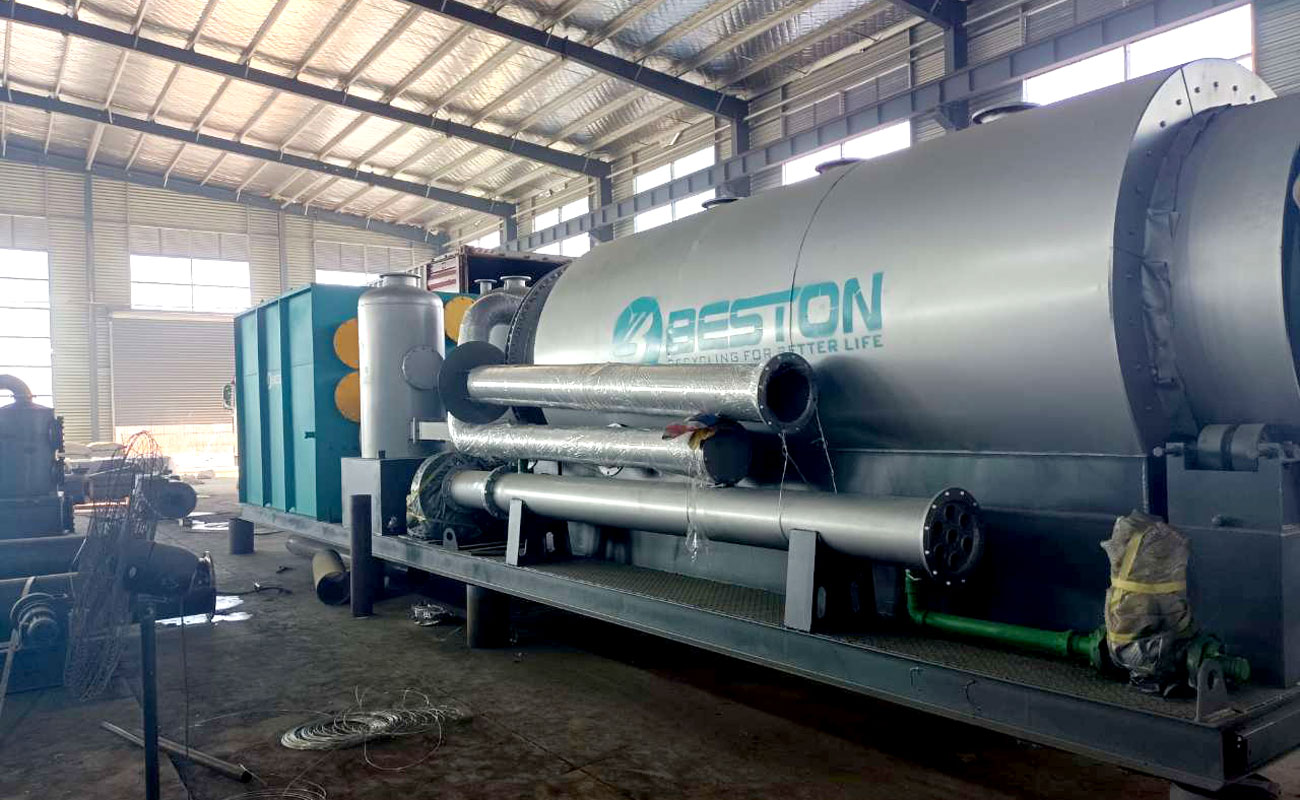Recycling is part of our daily lives. It would take an active effort to ignore the constant pleas to sort garbage, reuse items or ensure that the packaging you use has been recycled or is ‘recycle friendly.’ More: https://www.bestongroup.com/.

Industrial activity continues to speed up – and with this expansion comes increased demand for raw materials. Often this demand can be detrimental to the environment, however, that is not always the case. there are processes that can take the used waste and convert it into valuable resources – and one of these processes is pyrolysis.
Pyrolysis occurs when compounds are heated in the absence of oxygen. Enough heat and the compounds can start to break down into various molecules. In a small batch pyrolysis machine (or portable), using tires or plastic waste the products of this heating process are liquid oil, non-condensable combustible gas, and a variety of solid products.
The use of portable pyrolysis machines (small batch machines) is particularly popular where the operation to extract the products is not overly large or does not have ready access to a continuous stream of waste in order to ensure that the pyrolysis machine is almost constantly running. The continuous process pyrolysis machines are commonly found at industrial manufacturing sites where the constant supply of raw material is assured.

However, the portable pyrolysis machine can go to the site where the raw or waste material for pyrolysis will be available, even if it is for a short period. This can include engineering and building sites – or even a local specialized landfill which can provide a varied source of many types of raw materials.
In order for the mobile pyrolysis system to be profitable there is a need for both a steady supply of waste and a market for the end products of pyrolysis. The portability of the small batch pyrolysis machine makes the sourcing of plastic and rubber-based raw materials less of a challenge. However, it is important for the operator to realize that rubber and plastic materials are not the only types of waste that can be used in these machines.
Although this sort of waste will typically return the most oil after the pyrolisis process has taken place there is also the opportunity to use other types of industrial waste, although these may not return the same amounts of oil as a rubberized or plastic material of the same waste (truck tires, for instance, can provide 45%-52% in oil from the waste product). Other sources of raw material can include dry and wet waste from paper mills, rubber sheets, or carpets – as well as oil sludge from a variety of sources.
The low cost of both purchasing a portable pyrolysis machine, as well as low maintenance costs – and the ability of the unit to be transported from site to site, are only a few of the factors that should motivate the small businessperson to consider an investment in this type of machinery. The fact that there are a variety of highly reputable tyre pyrolysis plant suppliers of this sought-after machinery is another point in its favor.